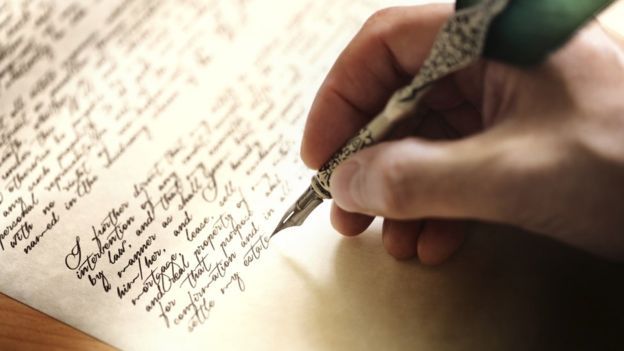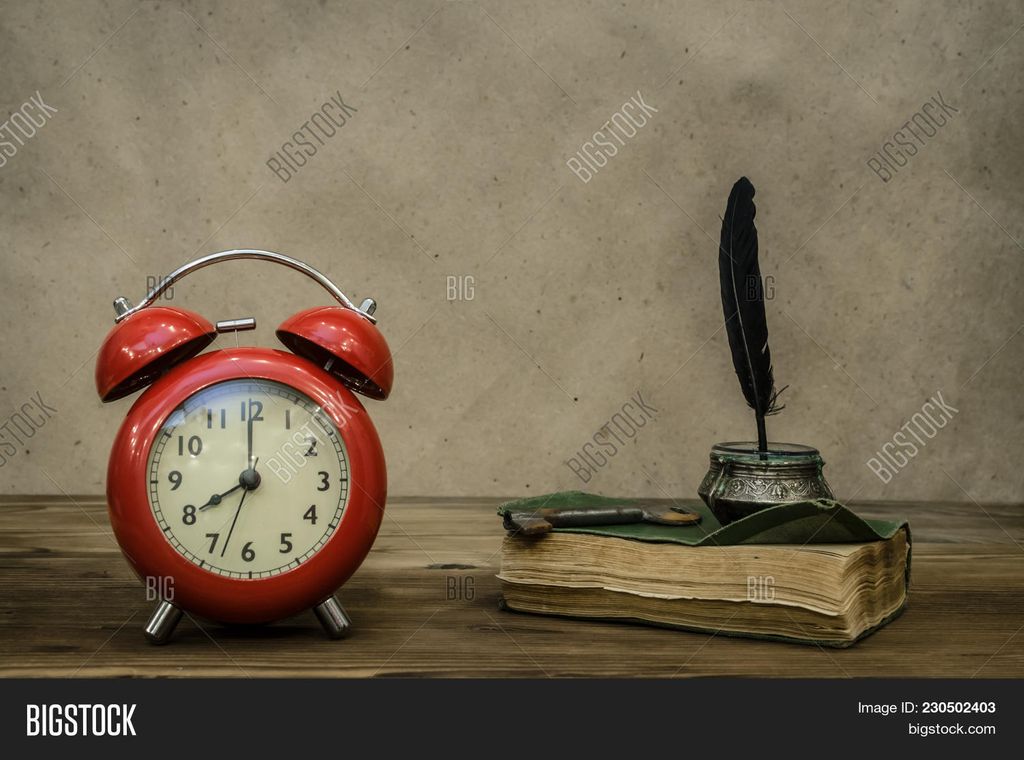How To Move That Block
Jun 01, 2019 • 35 views

The Reunion
Another blank page
The spirals adorning the edge
Barely holding the ruled sheet
That threatens to rip off in the wind
Another empty mind
Words, struggling to find
Holding a pen in hand
Waiting for magic to move the wand!
But when the first word comes
Like a delicate feather, down it floats
One more, now another—oh, an entire line!
Finally! After all this time!
Slowly the flow becomes steady
The dam of hesitation demolished already!
The rush of verses is dizzying
But when it’s all done, so fulfilling!
The writer gives the pen some rest
‘Phew, this was no less than a test!’
A look of immense pride washes over her face
As ink and paper happily embrace!

Doesn’t it happen with you, too, at times? You know you want to write something, or maybe you have to, for some reason or the other (remember that creative writing assignment in school/college? And that internship you’re on, too :P) but the words simply don’t come to you!
No matter how great a writer you are, you do experience this phenomenon called "Writer’s block" at least a few times throughout your writing career. Beginner writers may even feel like that all the time!
And honestly, it does feel very depressing and discouraging when you have writer’s block. Imagine a situation when you’re in front of your crush and you want to say so much to him or her, but you just can’t get the right words to do it. Well, that’s what a writer sitting with a notebook—or for that matter, staring at the screen in front of him or her with an open blank page of MS Word—for hours, feels like!
You start to write a sentence, but midway you think it doesn’t sound good. Or you don’t think it’s heading anywhere great and you cut it all out. Maybe you even accomplish writing an entire paragraph, but when you re-read it, you aren’t that convinced with its quality anymore.
Uggghhh!!! What to do then??
Here are some steps.
1. The best approach for me to a situation like this, is to just leave that notebook or document alone for a while. Even if you have less time, let it go to the back of your mind for a bit. Instead, talk to people. Converse with your family, call that friend you haven’t talked to in a long while, and more or less, increase your human interaction. If need be, don’t hesitate to contact a random stranger online!
2. Mostly, writers are avid readers, too, but when we start writing something big, we don’t get time to read others’ work. Use this time for exactly that! It might be that by reading something even poles apart from your intended topic, you get an idea for framing your current writing. Believe me, you can get inspiration from the least likely of things!
3. Divert your mind in another creative direction. Listen to some music that you like, or go visit an art exhibition. Scroll through your social networking feed to see some amazing pictures or photographs of nature, people, food—whatever it is that gets you in your spirits!
4. All this because you shouldn’t lose hope or confidence in your abilities at any cost. True, it can take a long time to come up with the perfect piece, but patience and perseverance is what will get you to the other side of the chasm in your brain 😉
Best of luck with your writing!
Image Credit: instazu.com, deborahkroll.com, bigstock.com
